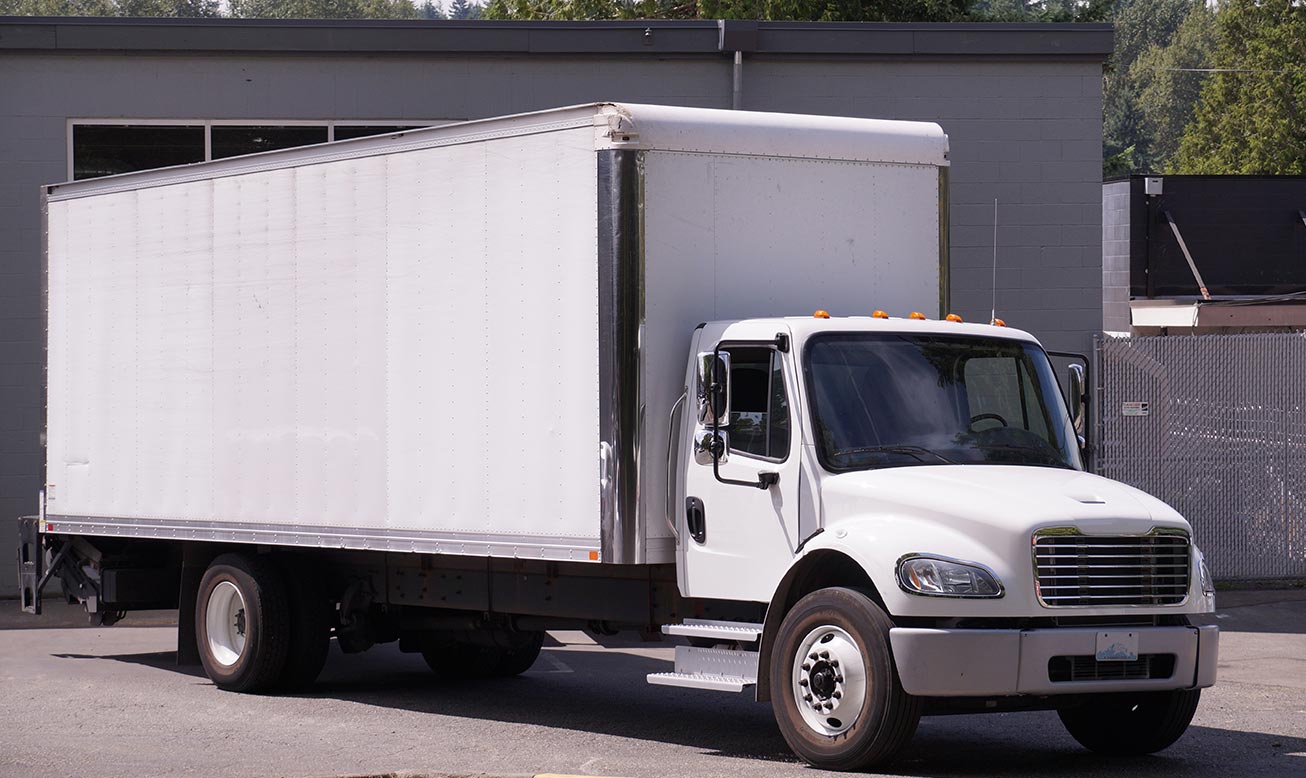December 9, 2024
Overcoming Supply Chain Challenges in the Non-profit Sector
Charities are mission-driven organizations dedicated to making a positive impact on society. However, they face unique challenges in managing supply chains and budgets, much like their for-profit counterparts. Non-profits often grapple with inconsistent funding flows, erratic supply chains, and outdated systems, which can hinder their ability to deliver on their promises. Many non-profit organizations have embraced best-practice supply chain management strategies to address these challenges.
Let’s explore the key challenges of non-profit logistics and how partnering with experts, such as non-asset-based logistics providers, can streamline operations and help charities make the most of donor resources.
The Challenges of a Non-profit Organization’s Supply Chain
Non-profits must prioritize efficiency in every aspect of their operations, including supply chain management. Limited resources, inconsistent demand, and the need for transparency request that charities carefully choose their suppliers and logistics partners. Below are some of the most common challenges faced by non-profit supply chains:
Unpredictable Cash Flows
Non-profits rely on grants and donations as their primary sources of funding. These income streams are inherently variable, creating difficulties in planning long-term operations. This unpredictability can lead to delays in procuring supplies for non-profit organizations and maintaining consistent stock levels.
Unsteady Supply Chains
For non-profits, sourcing and acquiring essential items such as food, medical supplies, and clothing can be inconsistent. Supply chains often depend on multiple donors and suppliers, leading to irregular availability of goods and sometimes causing gaps in service delivery.
Outdated Operational Processes
Many charities still rely on outdated non-profit inventory management systems, which limit their ability to efficiently track, store, and distribute supplies. This lack of modern technology can result in errors, inefficiencies, and waste, which can interfere with an organization’s ability to serve its beneficiaries.
Economic and Political Uncertainty
Broader economic and political conditions heavily influence the non-profit sector. Economic downturns can reduce donor contributions, while political changes may impact the availability of grants or lead to new regulations affecting non-profit supply chains.

The Importance of Last-Mile Logistics in Non-profit Operations
A critical component of any supply chain is the last mile, which refers to the final stage of delivering goods to their destination. This step is particularly important for non-profit organizations, as timely delivery can directly impact the lives of those they aim to help.
How Non-Asset-Based Logistics Providers Help Charities
Partnering with a non-asset-based logistics provider can be a game-changer for non-profit organizations. Unlike traditional logistics providers, non-asset-based companies do not own physical assets like warehouses or trucks. Instead, they focus on managing transportation through an approved network of third-party carriers and technology platforms. Here is how they bring value to non-profits:
Flexibility – Non-asset-based providers can adapt quickly to fluctuating demands, ensuring that charity shipping operations remain seamless. Whether a disaster strikes or donor contributions spike, these providers can scale operations accordingly.
Cost Efficiency – Non-asset-based logistics providers offer cost-effective solutions by optimizing routes and seizing relationships with multiple carriers. This allows non-profits to allocate more of their resources to their core mission instead of spending on overhead costs.
Technology Integration – Advanced logistics technologies help non-profits track shipments in real time, improve inventory visibility, and enhance accountability. Such tools are invaluable in managing supplies for non-profit organizations effectively.
Focus on Core Mission – Outsourcing logistics allows non-profit teams to focus on their primary goal: serving communities. By trusting the experts to handle the complexities of the supply chain, organizations can devote their time and energy to impactful activities.
Best Practices for Non-profit Supply Chains
Efficient supply chain management is fundamental for any non-profit organization striving to maximize its impact. Here are some best practices to address the unique challenges of a non-profit supply chain:
Build Strong Relationships with Charity Suppliers
Establishing reliable partnerships with charity suppliers ensures a steady flow of goods and services. Regular communication and agreements can mitigate the risks of fluctuating supply availability.
Leverage Technology for Inventory Management
Upgrading from manual systems to modern non-profit inventory management software is critical. These tools can help non-profits track donations, monitor stock levels, and forecast demand more accurately, ultimately reducing waste and inefficiency.
Partner with Non-Asset-Based Logistics Providers
At Last Mile Logistics, we specialize in optimizing supply chains for non-profits. Our expertise in non-profit logistics ensures cost-efficient, flexible, and timely delivery solutions tailored to the unique needs of charities.
Focus on Sustainability
Sustainable supply chain practices can help non-profits save money and align with donors’ values. Examples include consolidating shipments, reducing packaging waste, and choosing eco-friendly transportation options.
Prepare for Uncertainty
Economic and political changes can disrupt operations, but non-profits can mitigate these risks by diversifying their funding sources, maintaining reserve supplies, and using data-driven tools for strategic planning.
Real-Life Impact of Efficient Non-profit Logistics
Many of the most successful charities attribute their efficiency to streamlined logistics and supply chain operations. For example, organizations like the Red Cross rely on advanced logistics systems to distribute aid quickly during natural disasters. By partnering with non-asset-based logistics providers, they ensure that supplies such as food, water, and medical kits reach affected areas without delay.
Another example is food banks, which often collaborate with third-party logistics providers to optimize their charity shipping processes. This partnership helps them meet fluctuating demands while keeping costs low, ultimately serving more people in need.
Partnering for Success
Proper supply chain management can significantly enhance a non-profit’s ability to serve its beneficiaries. By adopting modern practices, leveraging technology, and collaborating with non-asset-based carriers, charities can overcome challenges like unpredictable funding and outdated systems.
At Last Mile Logistics, we specialize in helping non-profits optimize their operations. From improving last-mile delivery to integrating advanced tracking systems, we offer solutions that empower charities to focus on what matters most: making a difference in people’s lives. If your organization is looking for expert logistics help or wants to explore ways to optimize its supply chain, we’re here to assist. Contact us today for a consultation, and let’s work together to create a more efficient and impactful non-profit sector.


